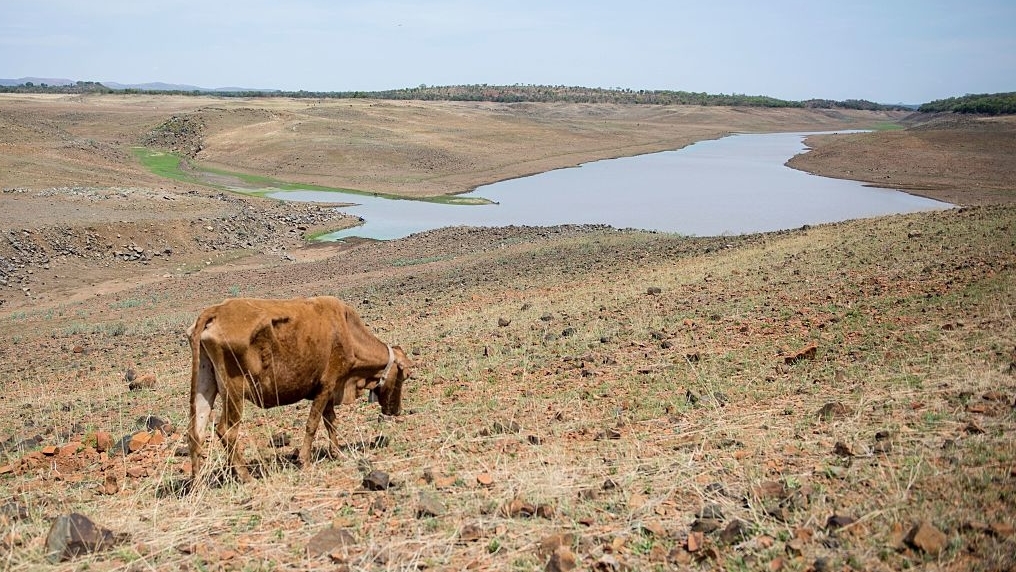
WFP says more than 5 million Zimbabweans face starvation

The United Nations now says more than five million people in Zimbabwe are on the brink of starving. This represents almost a third of the entire population.
In response, the World Food Programme (WFP) has launched a $331m (£270m) appeal for aid as the country battles the effects of drought, a cyclone and an economic crisis.
“Many people are in an emergency crisis mode, marching towards starvation,” David Beasley, head of the WFP, said.
Political turmoil and economic mismanagement by Zimbabwe’s leaders are only part of the problem. The hope that things would improve following Robert Mugabe’s removal from office in 2017 is all but gone as current president Emmerson Mnangagwa has failed to revive the economy or usher in meaningful political reforms.
The country’s problems were made worse when Cyclone Idai swept through the region earlier this year.
The devastating storm, which also hit parts of Malawi and Mozambique leaving behind deaths and a trail of destruction that saw 570,000 Zimbabweans affected and tens of thousands of them homeless.
Last week, Finance Minister Mthuli Ncube said the government had been providing grain to 757,000 homes since January, in both rural and urban areas.
Zimbabwe, which at one time was the region’s breadbasket, is also now suffering from the effects of twenty years of poor agricultural harvests.
The El Nino-induced drought cut the maize harvest by half and is responsible for low water levels at the biggest hydro plant Kariba that has reduced power generation and triggered rolling power cuts.
The drought comes with Zimbabweans enduring the worst economic crisis in a decade – prices of staples such as sugar, cooking oil and rice have more than doubled since June, jacking up inflation to 175.66%.
The UN was already appealing for $294m for Zimbabwe but says it now needs more funding as the impact of the drought has spread.






